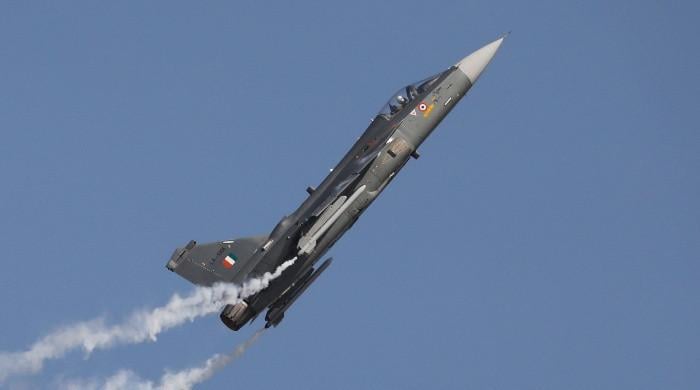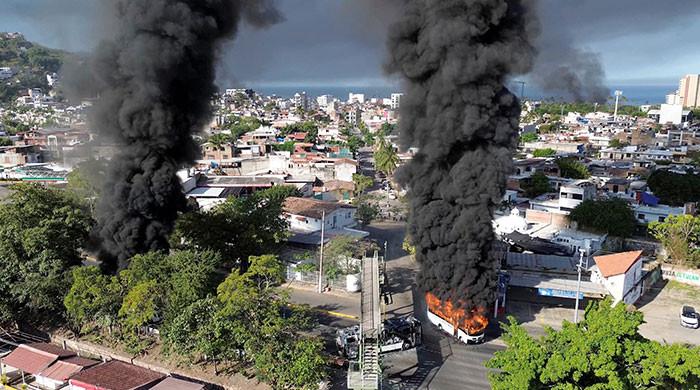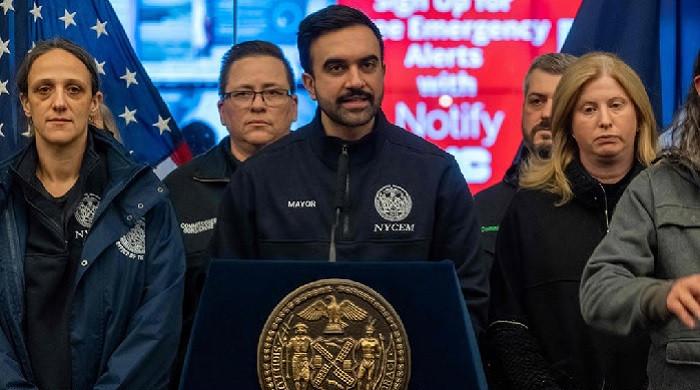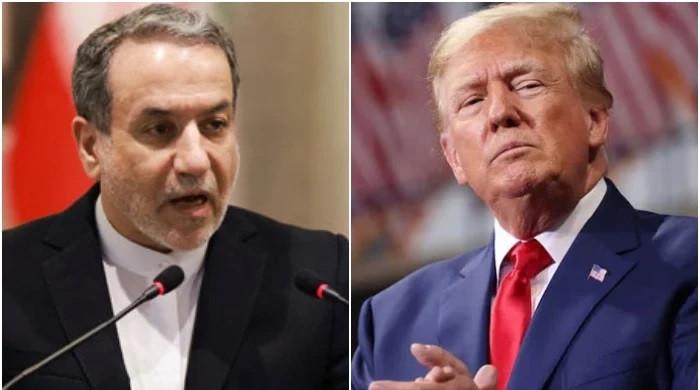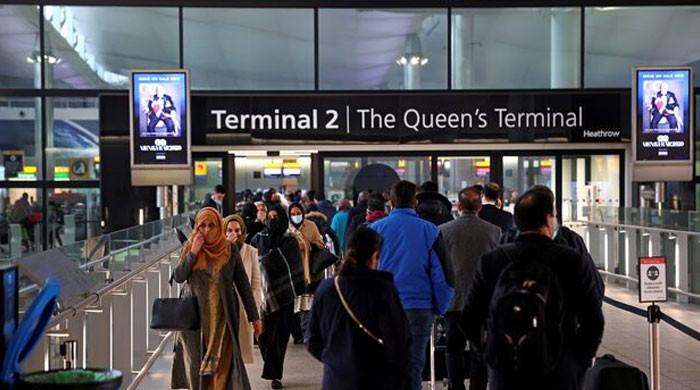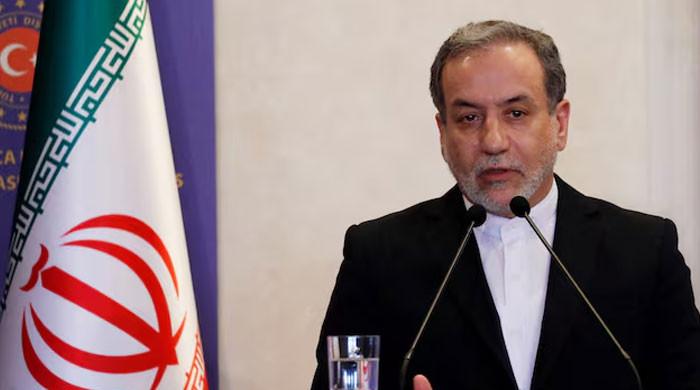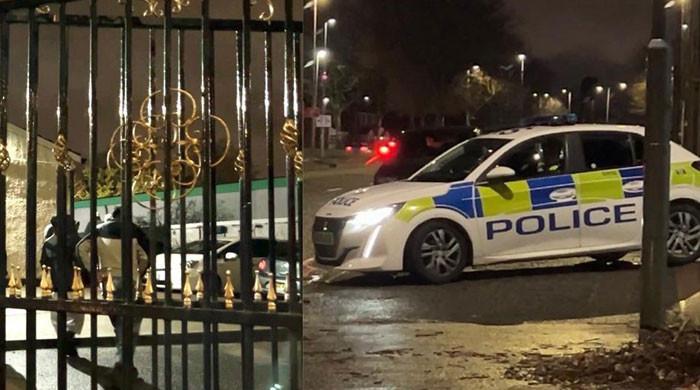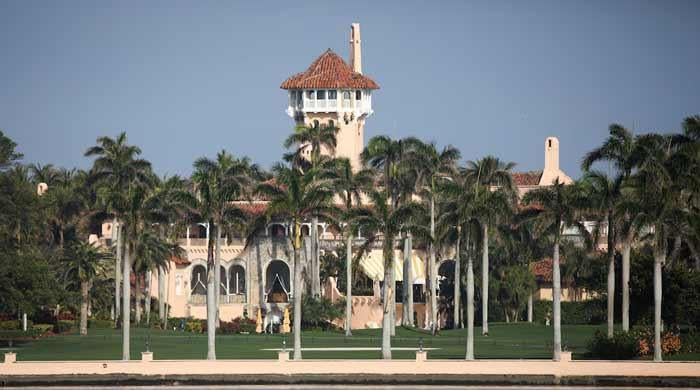Russia's vaccine 91.6% effective against coronavirus
Despite 100 million people inoculated worldwide, none of the 29 poorest countries could receive vaccines
February 02, 2021
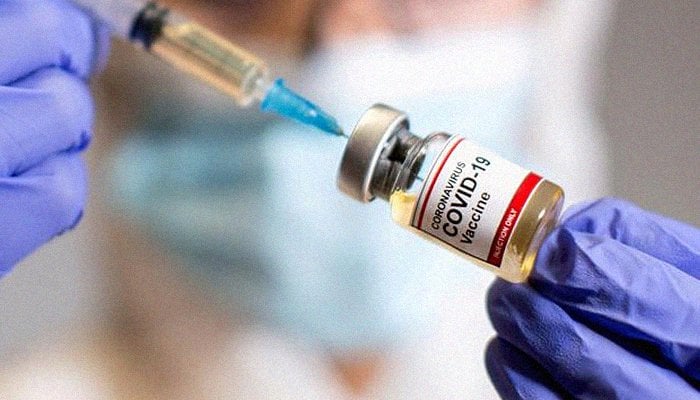
- Russian coronavirus vaccine found to be 91.6% effective against the virus
- Despite 100 million people inoculated worldwide, none of the 29 poorest countries could receive vaccines
- AFP's count found 101,317,005 jabs been given in 77 mostly wealthy countries and territories
PARIS: Russia's Sputnik V vaccine was found to be 91.6 per cent effective against symptomatic Covid-19 in trial results published Tuesday, as the number of vaccinations administered worldwide passed 100 million.
But none of the world´s 29 poorest countries has formally started mass vaccination drives, while the richest nations -- despite finger-pointing over delivery delays -- have provided more than two-thirds of the jabs administered so far.
Misgivings over transparency issues around Sputnik V -- rolled out in Russia and other countries before the Phase 3 trial results were published -- could be set aside after number-crunching published by The Lancet journal placed the vaccine among top performers alongside those of Pfizer/BioNTech and Moderna.
With the World Health Organisation lamenting that "rich countries are rolling out vaccines while least-developed countries watch and wait," 101,317,005 jabs had been given in 77 mostly wealthy countries and territories, AFP´s count found.
However, in the United States, a study found that black Americans´ access to jabs was disproportionately low, with vaccination centres located in predominantly white neighbourhoods in some areas and an imbalance caused by relatively less access to the internet for sign-ups.
Inoculation drives have yet to begin in some wealthy countries including Japan, South Korea and Australia, which have broadly managed to contain the pandemic with strict border controls and quarantines.
Japan, where the summer Olympics are set to begin in July, has yet to even approve any vaccines and is not expected to start inoculating its population before late February at the earliest.
On Tuesday the Japanese government approved a one-month extension of its coronavirus state of emergency until March 7, with Prime Minister Yoshihide Suga saying teleworking and 8 pm bar and restaurant closures had helped curb the spread of Covid but more needed to be done.
But the Tokyo 2020 president Yoshiro Mori insisted Tuesday that the Olympics will go ahead this summer "however the coronavirus evolves".
Another July event -- the running of the bulls in Pamplona, Spain -- has already been cancelled, for a second year in a row.
Best practices
New research meanwhile has provided reason for optimism over the handling of a disease that has killed at least 2,237,990 people, according to an AFP tally.
A large-scale meta-analysis of overall mortality of Covid-19 patients in intensive care units (ICUs) around the world, published in the journal Anaesthesia, found that it had fallen to 36 percent by October.
The authors said that hospitals now have much more knowledge about what works -- and what does not.
In particular, medics now can use steroids like dexamethasone to improve the survival chances of seriously ill patients on oxygen support.
But with several new variants of the coronavirus emerging in the months since the end of their analysis, the authors said ICUs may come under further pressure.
Read more: Pakistan approves Russia's Sputnik V coronavirus vaccine for emergency use
Nigeria said Tuesday it has detected six new cases of the British variant, which has been found in more than 60 nations since it first swept Britain.
As South Africa grapples with a new more contagious variant, Australia pulled out of their Test cricket tour to the country on Tuesday citing an "unacceptable" risk to players.
The strain known as E484K, detected initially in South Africa and on subsequent variants in Brazil and Japan, has raised greater alarm among researchers over its possible impact on immunity.
Spain said it would restrict air arrivals from Brazil and South Africa for two weeks to keep out the new strains.
China mission
In China meanwhile, a member of the WHO mission probing the origins of Covid-19 in China said the probe was going "very well" as the team visited an animal disease control centre in Wuhan.
China has faced criticism at home and abroad for playing down the initial outbreak and concealing information when it first emerged in Wuhan in December 2019.
The mission -- delayed by China and weighed down by political baggage -- has a remit to explore how the virus jumped from animal to human.
Meanwhile, as pharma giant Pfizer announced 2021 sales of its Covid-19 vaccine developed with BioNTech could reach up to $15 billion, the potential was not lost on entrepreneurs who have been operating a scam in China since last September.
Chinese police arrested more than 80 people involved in the scam selling saline solution masquerading as a Covid-19 vaccine.
China is racing to give jabs to 50 million people before the travel-intensive Lunar New Year holiday starts on February 12.
Related: More than 800,000 people in Russia receive COVID-19 vaccine




